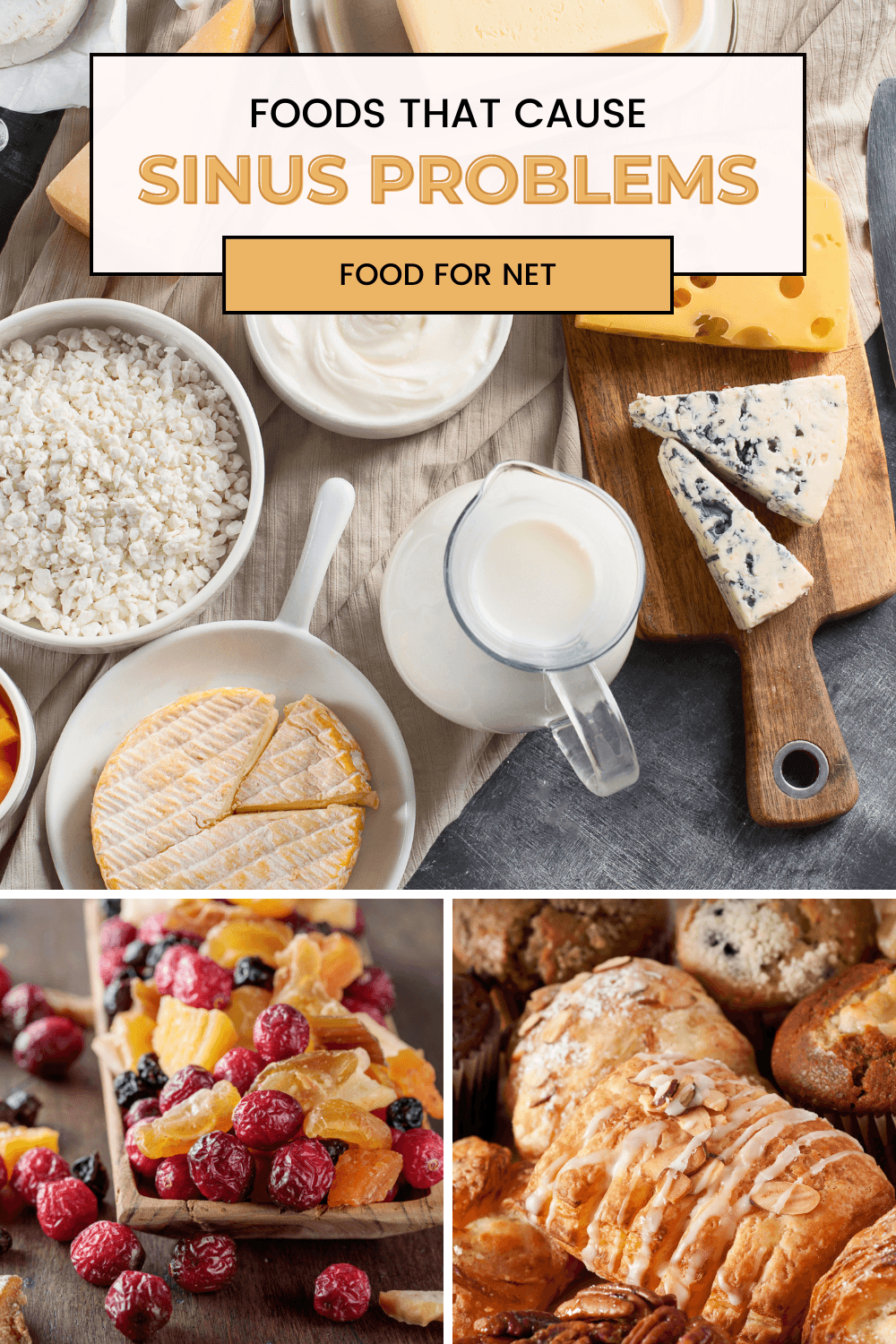
Improving your health doesn’t always mean taking medication or going through a battery of tests. Changing your diet and lifestyle is often a much more powerful approach. But, to do this, you need a sense of what foods might be causing the problem. That’s why this post is talking about foods that cause sinus problems.
First, what are sinus problems anyway? Most of these are classified as sinusitis, which is where the tissues in your sinuses are inflamed. This inflammation leads to a familiar pain in your face and forehead, plus a runny or stuffed up nose and related symptoms.
Sinusitis is most often caused by viruses and bacteria, particularly by the common cold and seasonal flu. However, there are other causes too, such as allergies.
As those descriptions suggest, food is never going to directly cause sinus issues. But, food can easily make any existing sinus infection feel much worse and perhaps even prolong it. That’s the last thing you want, as sinus infections can be pretty painful on their own.
Some foods might even increase your risk of a sinus infection. So, let’s look at the foods that can be an issue, plus some tips and tricks for feeling better quickly.
P.S. Some of the foods on this list have been linked to other health issues too, like increased ear wax, mucus, or even hair loss.
Foods That Cause Sinus Problems
Candy

Candies and chocolate create big issues for your sinuses, because of their refined sugar content. A particular issue is that refined sugar promotes inflammation, which is one of the key factors in your sinus problems.
This increased inflammation could mean that a sinus infection lasts longer or is more painful than it would be otherwise. Refined sugar could also increase the risk of a sinus infection by dampening your immune system.
In fairness, the research linking sugar to increased sinus issues is pretty weak. There’s a chance that decreasing your sugar intake improves your symptoms or lowers the risk of getting a sinus infection, but this hasn’t been proven.
Still… it’s no secret that refined sugar is bad for health. Most of us should be decreasing our sugar intake and focusing on healthier foods instead.
Cakes, Pastries, And Similar Treats

Cakes and pastries come with the same issues as candy – they’re high in refined sugars. These treats may also contain ingredients that you’re sensitive to, such as gluten or dairy.
Now, food sensitivities are interesting. Many people have strong allergies, where they get strong side effects from particular ingredients. Even a little bit could have you running to the bathroom or make you seriously ill.
Other food sensitivities are much milder. The mildness makes it difficult to pinpoint which foods are causing you issues. You mightn’t even notice that you’re reacting to your diet at all.
Yet, mild food sensitivities could easily lead to increased inflammation, which is the last thing you want for your sinuses.
Processed Foods

Not surprisingly, processed foods have their share of issues too.
The sugar content is an area to think about here, as processed foods are often higher in sugar than they need to be. You’ll even find high amounts of sugar in unexpected ingredients, like pasta sauces, salad dressing, and granola.
Processed foods may also promote inflammation and poor health in other ways. After all, they often contain a variety of additives and have been stripped of many healthy natural compounds.
Besides that, if your diet is high in processed foods, you’re probably not consuming enough healthy and nutritious foods. This pattern could easily lead to poor health and a lowered immune system.
Dried Fruits
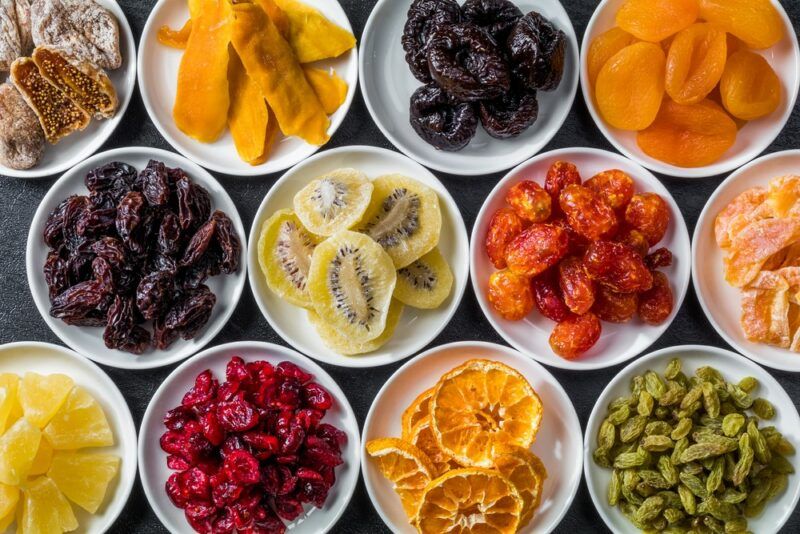
Dried fruits are often seen as a healthy alternative to candy, as they are almost as sweet, while offering more health benefits. That’s true, but there are also some problems.
The biggest issue here is the histamine content. Histamines can contribute to inflammation and sinus problems, particularly if you’re vulnerable to them. This is a great reason to focus on fresh fruits rather than dried ones.
Part of the problem is that people with a histamine intolerance break down the compound less effectively. This effect coupled with high histamine intake can easily lead to a histamine buildup and contribute to sinus symptoms.
Besides, the high sugar content of dried fruits means that it’s easy to overdo it. The same issue isn’t true for fresh fruit at all, due to the fiber and the high water content.
Fermented Foods
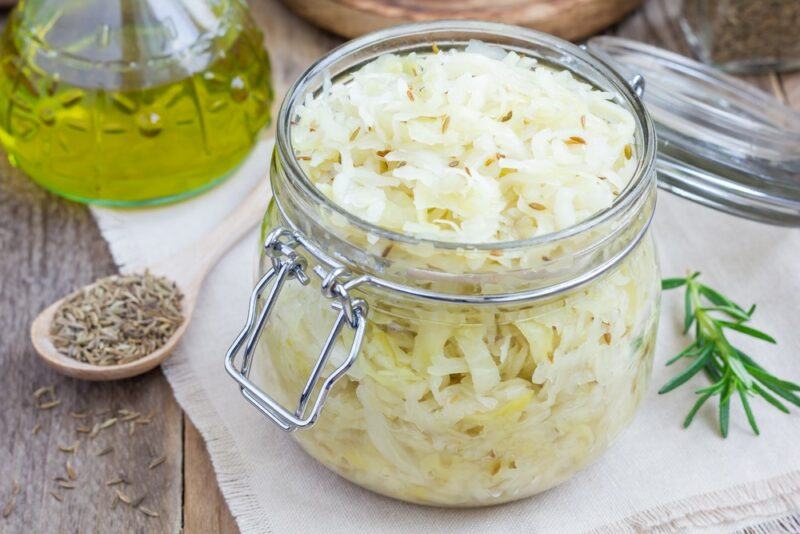
Fermented foods are interesting. They’re packed with probiotics that could improve our gut health and immune system, while offering countless other benefits. Many are also nutrient dense in their own right.
Nevertheless, fermented foods come with challenges too. The big problem here is the histamine content, which tends to be high. This is true even if you’re doing the fermenting yourself.
Fermented foods are often sodium rich as well. This sodium might not directly impact your sinuses, but too much salt certainly isn’t good for your health.
Finally, probiotics like kefir and yogurt contain dairy. This is something to watch out for if you’re sensitive to any of the compounds in dairy.
Processed Meats

We talked about processed foods earlier, but processed meats are a little different. The term refers to products like salami, sausages, cold cuts, bacon, and the like, which have all been treated to make them taste better or last longer.
Processed meats often still contain plenty of nutrients, but they tend to be high in histamines. Again, histamines aren’t ideal for sinus issues, particularly if you’re sensitive to them.
Consuming processed meat regularly has also been linked to an increased risk of cancer. That’s another reason to consider cutting down.
Dairy Products
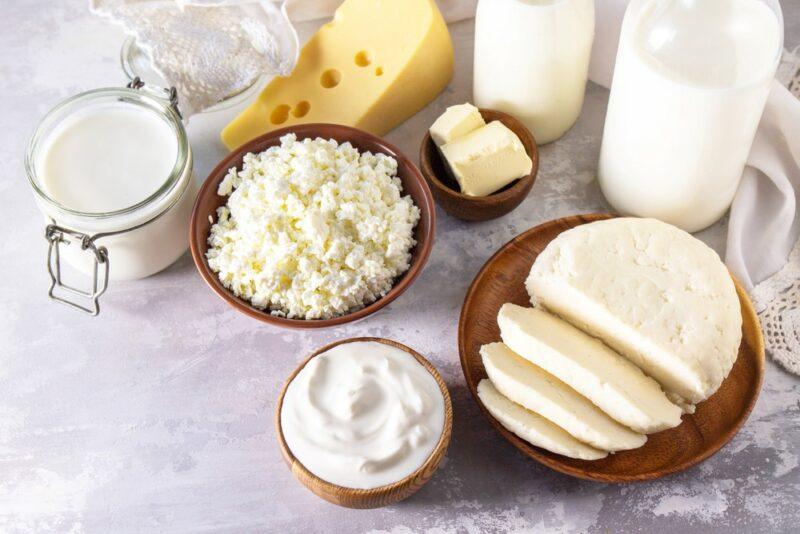
Dairy is often seen as one of the worst foods when you have a nasal infection, because it may increase your level of mucus or make it thicker. Such an increase can then cause more congestion in your nasal passages, leading to more pressure and pain.
There’s also the issue of sensitivity. Some people are allergic to proteins in dairy, which could increase inflammation and make sinus symptoms worse. Such allergies can have other symptoms too, like giving you itchy skin.
However, the impact of dairy on your sinuses isn’t as clear-cut as you might think. Some studies show that dairy consumption doesn’t lead to any measurable differences in mucus production, although your mucus might still feel thicker.
This suggests that dairy is worth experimenting with.
Refined Carbs

The term refined carbs refers to refined grains and sugars where most of the natural nutrients and fiber have been stripped. Such products often strongly spike your blood sugar levels, while providing few nutrients.
White bread and white rice are classic examples, although refined carbs are also found in pastries, sweet desserts, candy, some breakfast cereals, snacks, and many other places.
The main issue is that refined carbs will spike your blood sugar levels, which sometimes increases mucus production. This is a frustrating effect when you have a sinus infection, as the extra mucus can increase sinus pressure and is often quite painful.
Red Meat

Studies suggest that red meat could lead to increased inflammation and may even stimulate mucus production. The inflammation effect is particularly concerning, as higher levels of inflammation can make sinus pain feel much worse.
However, this effect may be influenced by the type of red meat you eat, how often you have it, and the rest of your diet.
People who eat red meat occasionally as part of a balanced diet may not experience much inflammation from the meat at all. This is particularly true if they focus on unprocessed red meat. In contrast, those who eat red meat in most meals and have limited vegetable intake are likely to experience many more issues.
Aged Cheeses
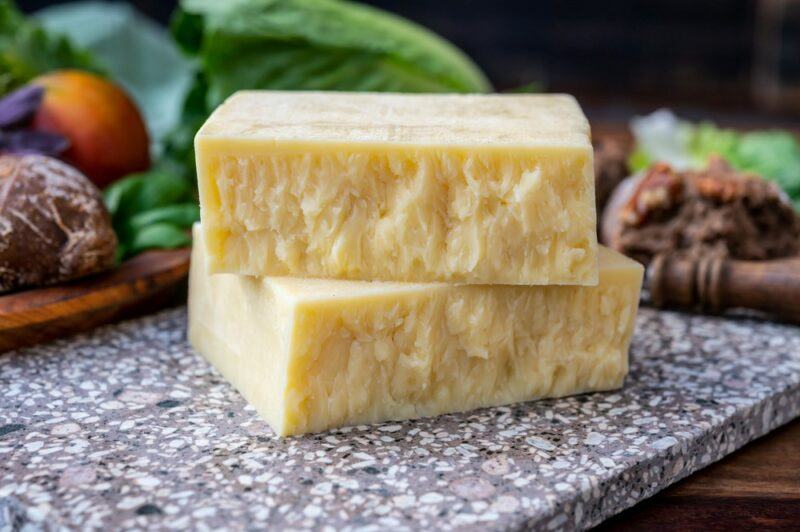
As we mentioned earlier, there’s plenty of debate about whether dairy actually increases mucus and leads to sinus pressure. But, aged cheese comes with a different issue that’s worth mentioning – histamines.
As we talked about earlier, some people are sensitive to histamines and don’t break them down effectively. This becomes a problem if their histamine intake is high.
When it comes to cheese, the histamine content is partly related to the aging process, where aged cheeses tend to be high in histamines, while younger cheeses are much lower in the chemical.
Still, there’s a ton of variation, so you’ll need to experiment. You might find that some types of cheese trigger symptoms for you, while others have no effect at all.
Tomatoes
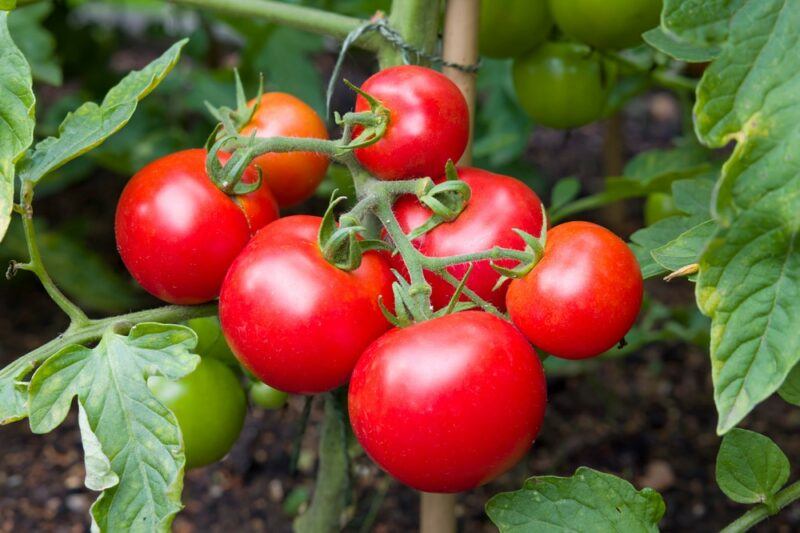
Here we are with histamines again. Tomatoes aren’t as big of a problem as aged cheese, but they’re still worth considering.
We’re not just talking about tomatoes themselves either. Tomato-based products often contain histamines as well. This includes tomato sauce, tomato paste, and the like. Don’t forget about foods like pizza either. These can easily contain more histamines than you realize.
Spinach
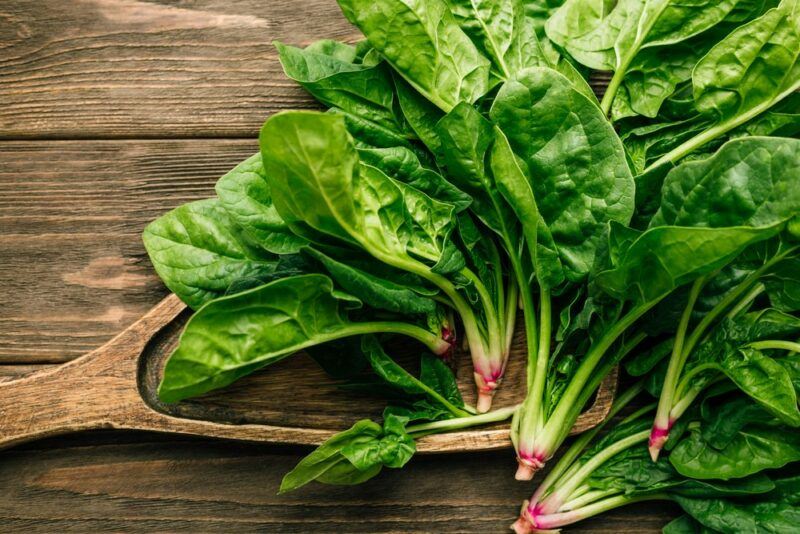
Spinach is famous as a nutrient dense vegetable that promotes health and is rich in iron. Yet, it’s another food that’s fairly high in histamines, making it a poor choice for some people.
That’s not all. Spinach is one of the most oxalate rich foods out there, often containing more than 650 mg in a cup of cooked spinach. These oxalates are particularly relevant if you’ve had kidney stones in the past or are at high risk of them.
Even if that’s not the case, it’s important to be wise about your oxalate intake. Rather than just focusing on spinach, why not mix it up with other dark leafy greens? These offer similar benefits and are normally much lower in oxalates.
Eggplants
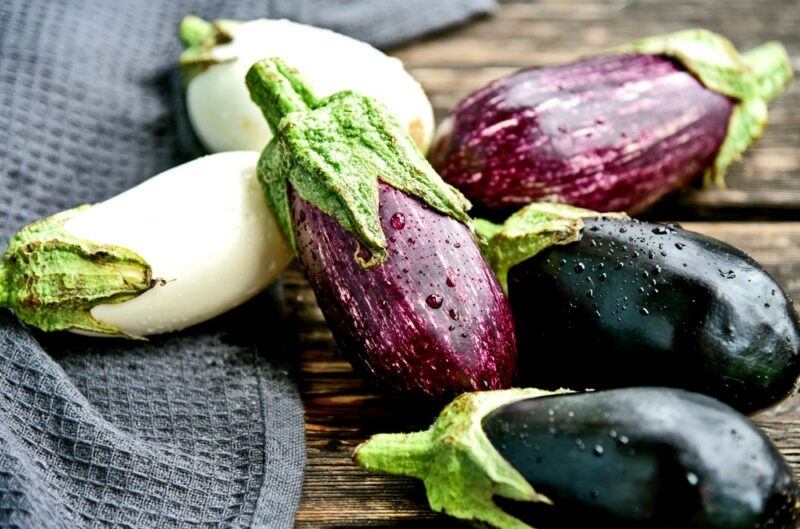
Like tomatoes and spinach, eggplants are high in histamines. That’s a shame, as they do offer health benefits and can even act as a lunch meat alternative.
Thankfully, aside from these three, most fresh fruits and vegetables tend to be low in histamine.
Fried Foods

Fried foods taste amazing, yet they’re one of the worst types of food for your health. Part of the issue is the unhealthy fats present, as these promote weight gain, inflammation, and a host of other issues.
These foods can also trigger acid reflux in some people, which often leads to increased mucus production and a variety of other issues.
Gluten-Containing Foods
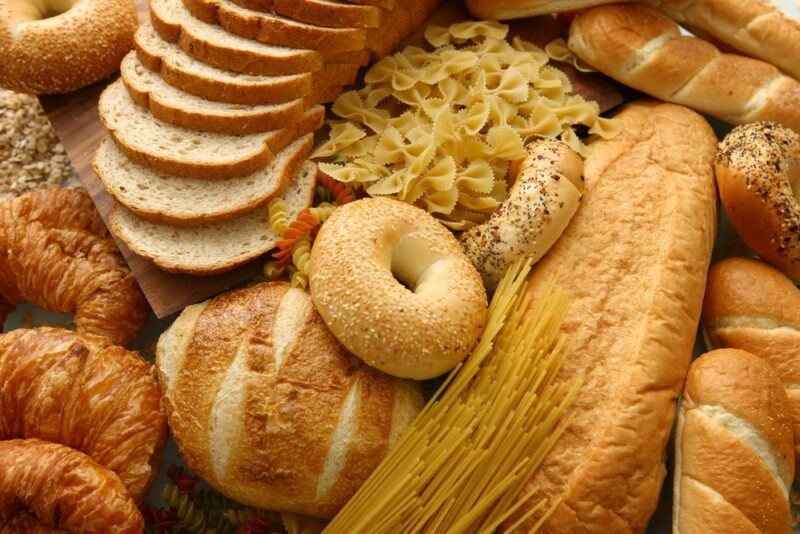
First, gluten won’t always make your sinus problems worse. As with histamine rich foods, gluten is only relevant if you’re sensitive to it.
For those that are sensitive, gluten containing foods can be a serious problem. In particular, a reaction to gluten can then lead to inflammation, including inflammation in your sinuses. This can then make your sinus problems worse.
In such situations, gluten free alternatives are the best way to avoid side effects and recover faster.
Ways To Reduce Sinus Symptoms And Find Relief
Listen To Your Body
As we’ve seen, plenty of foods can negatively impact your sinuses, mostly through inflammation or high levels of histamine. But, this doesn’t mean you should entirely remove these foods from your diet. You’re probably not sensitive to all of them anyway.
Instead of cutting foods out, why not experiment? You might keep a food diary and see which foods make you feel better and which make you feel worse.
Or, if you think you’re sensitive to histamines, you might try an elimination diet. This could involve removing high histamine foods from your diet for a while, then slowly introducing them. Doing so makes it easy to see how the foods impact your health.
If you find you’re reacting to some high histamine foods and not others, there might be a different issue at play. You can follow a similar approach with other sensitivities as well.
Eat Good Food
Decreasing problematic food is only part of the battle. You still need to eat well. Doing so provides your body with the nutrients, protein, and healthy fats it needs to fight off infections and reduce your symptoms.
Antioxidant rich foods and anti-inflammatory foods are particularly powerful, but don’t forget about the basics either. Whole grains, legumes, fruits, vegetables, lean protein, fish, and healthy fats (like olive oil) are all important for keeping you fit and healthy.
Drink Plenty Of Water
Staying hydrated is always crucial when you’re sick. Extra water can be helpful too, as the liquid helps to thin any mucus and allows it to drain much more easily.
Drinking plenty of water might reduce the risk of a sinus infection too, as dehydration can make regular nasal congestion worse and too much congestion raises the risk of infection.
Get Plenty Of Rest
Finally, don’t forget to rest. Sometimes the body simply needs time to recover. Infections tend to last much longer if you try to stay busy and engaged in life while your body is trying to heal.

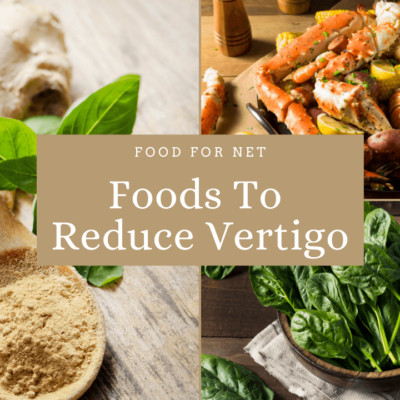

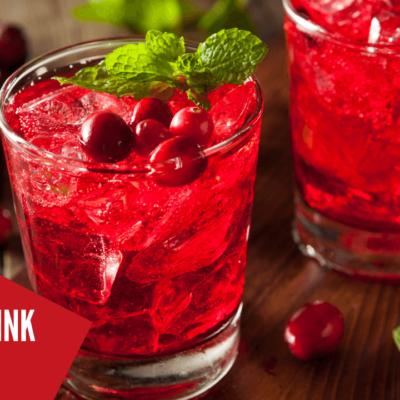
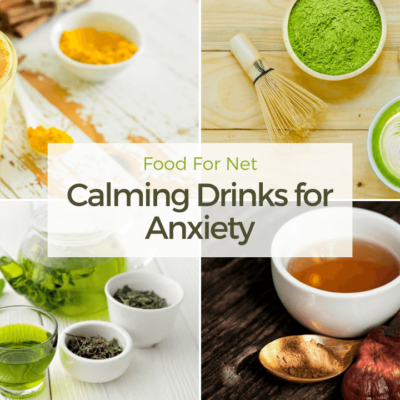
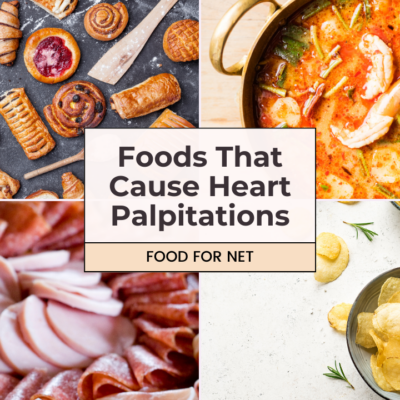


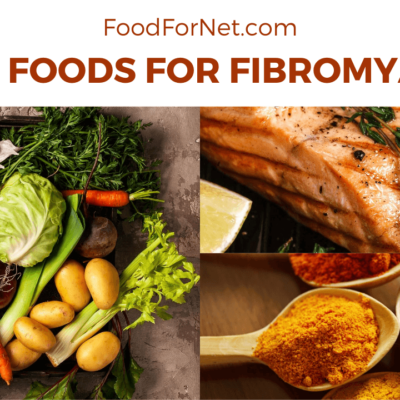
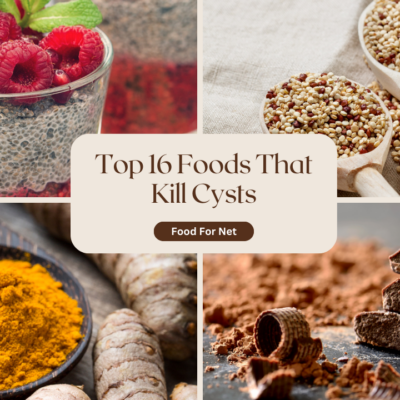
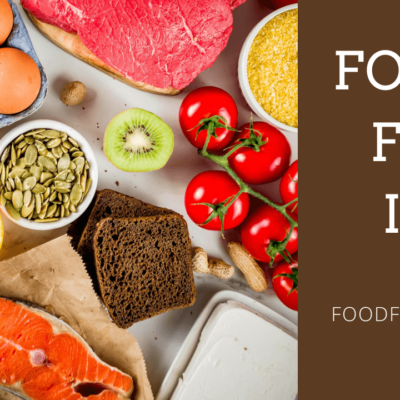
 38 Alcohol Cake Infusions For A Boozy Sweet Dessert
38 Alcohol Cake Infusions For A Boozy Sweet Dessert
Leave a Reply